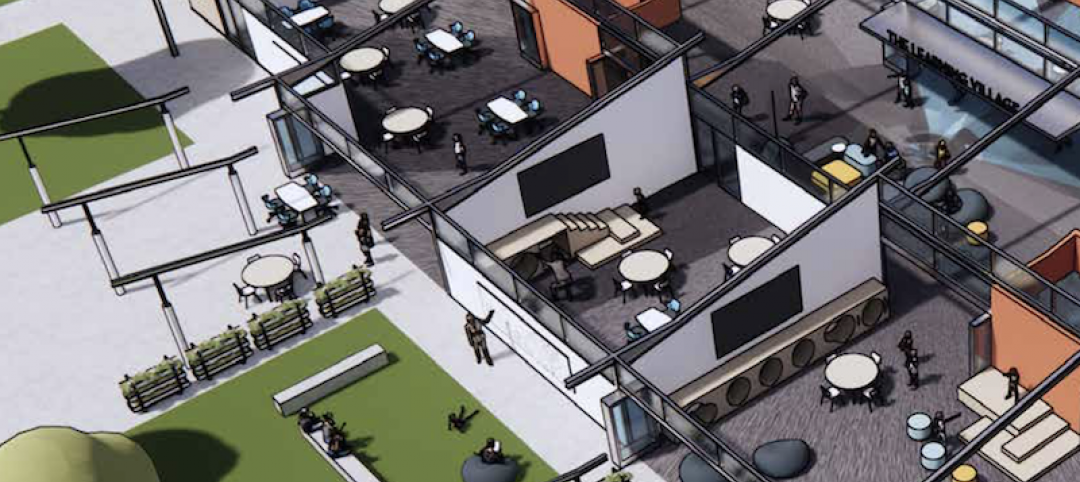Yes, it's the time of the year when everyone and their cousin reveals their bold predictions and big trends for the coming year. Tech giant IBM just released one of the better forward-looking reports: "The 5 in 5: Innovations That Will Change Our Lives in the Next Five Years," complete with videos and colorful infographics (see below).
As you would expect from IBM, all five innovation predictions are driven by emerging technologies, such as cloud computing, big data analytics, and learning technologies. At least three of their predictions have a direct relationship with the built environment, and all five are related to construction in some way.
Here are IBM's 5 in 5 innovation predictions (descriptions and graphics courtesy IBM):
1. The Classroom Will Learn You
The classroom of the future will learn about each individual student over the course of their education, helping them master the skills that match their goals.The rapid digitization of educational institutions will allow unprecedented instrumentation of the learning process. Cognitive computing, or learning technologies, will help us calculate everything we can about how each student learns and thrives, then create flexibility in the system to continually adapt and fine-tune what we deliver to that student and how this supports teachers and employers. More on this trend.
2. The City Will Help You Live In It
For citizens, smart phones enabled by cognitive systems will provide a digital key to the city. People can have fingertip access to information about everything that’s happening in the city, whether an experience is right for them, and how best to get there. Because these learning systems have interacted with citizens continuously, they know what they like—and can present them with options they might not find easily. More on this trend.
3. Doctors Will Routinely Use Your DNA To Keep You Well
Today, full DNA testing to help make treatment decisions is still rare. But cognitive systems and cloud computing may make this form of treatment mainstream. It could be done faster, more affordably and much more frequently. In addition to DNA testing for cancers, we may even see DNA-specific personalized treatment options for conditions such as stroke and heart disease. More on this trend.
4. Buying Local Will Beat Online
The technology trends will move us back to brick and mortar—but with a difference. In the future, retailers will layer increasing levels of engagement and personalization on top of the shopping experience, ultimately merging the instant gratification of physical shopping with the richness of online shopping and making same-day delivery a snap. More on this trend.
5. A Digital Guardian Will Protect You Online
Security is evolving from being based on rules, like passwords, to being automatic and made stronger through us just being us.This guardian will have your back, trained to focus on the people and items it is entrusted with based on a 360 degree of an individual’s data, devices and applications. It will make inferences about what’s normal or reasonable activity and what’s not, ready to spot deviations that could be precursors to an attack and a stolen identity. More on this trend.
Related Stories
Resiliency | Aug 19, 2021
White paper outlines cost-effective flood protection approaches for building owners
A new white paper from Walter P Moore offers an in-depth review of the flood protection process and proven approaches.
Wood | Jul 16, 2021
The future of mass timber construction, with Swinerton's Timberlab
In this exclusive for HorizonTV, BD+C's John Caulfield sat down with three Timberlab leaders to discuss the launch of the firm and what factors will lead to greater mass timber demand.
Multifamily Housing | Jul 15, 2021
Economic rebound leads to record increase in multifamily asking rents
Across the country, multifamily rents have skyrocketed. Year-over-year rents are up by double digits in nine of the top 30 markets, while national YoY rent growth is up 6.3%. Emerging from the pandemic, a perfect storm of migration, enhanced government stimulus and a hot housing market, among other factors, has enabled this extremely strong growth.
K-12 Schools | Jul 9, 2021
LPA Architects' STEM high school post-occupancy evaluation
LPA Architects conducted a post-occupancy evaluation, or POE, of the eSTEM Academy, a new high school specializing in health/medical and design/engineering Career Technical Education, in Eastvale, Calif. The POE helped LPA, the Riverside County Office of Education, and the Corona-Norco Unified School District gain a better understanding of which design innovations—such as movable walls, flex furniture, collaborative spaces, indoor-outdoor activity areas, and a student union—enhanced the education program, and how well students and teachers used these innovations.
Multifamily Housing | Jul 7, 2021
Make sure to get your multifamily amenities mix right
One of the hardest decisions multifamily developers and their design teams have to make is what mix of amenities they’re going to put into each project. A lot of squiggly factors go into that decision: the type of community, the geographic market, local recreation preferences, climate/weather conditions, physical parameters, and of course the budget. The permutations are mind-boggling.
Industrial Facilities | Jul 2, 2021
A new approach to cold storage buildings
Cameron Trefry and Kate Lyle of Ware Malcomb talk about their firm's cold storage building prototype that is serving a market that is rapidly expanding across the supply chain.
Multifamily Housing | Jun 30, 2021
A post-pandemic ‘new normal’ for apartment buildings
Grimm + Parker’s vision foresees buildings with rentable offices and refrigerated package storage.
Resiliency | Jun 24, 2021
Oceanographer John Englander talks resiliency and buildings [new on HorizonTV]
New on HorizonTV, oceanographer John Englander discusses his latest book, which warns that, regardless of resilience efforts, sea levels will rise by meters in the coming decades. Adaptation, he says, is the key to future building design and construction.
Multifamily Housing | Jun 23, 2021
COVID-19’s impact on multifamily amenities
Multifamily project teams had to scramble to accommodate the overwhelming demand for work-from-home spaces for adults and study spaces for children.
K-12 Schools | Jun 20, 2021
Los Angeles County issues design guidelines for extending PreK-12 learning to the outdoors
The report covers everything from funding and site prep recommendations to whether large rocks can be used as seating.


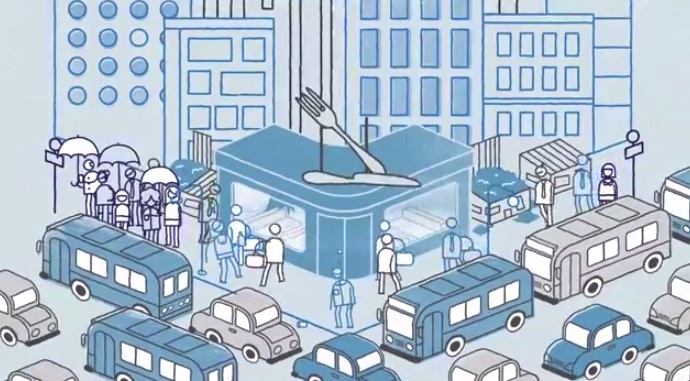

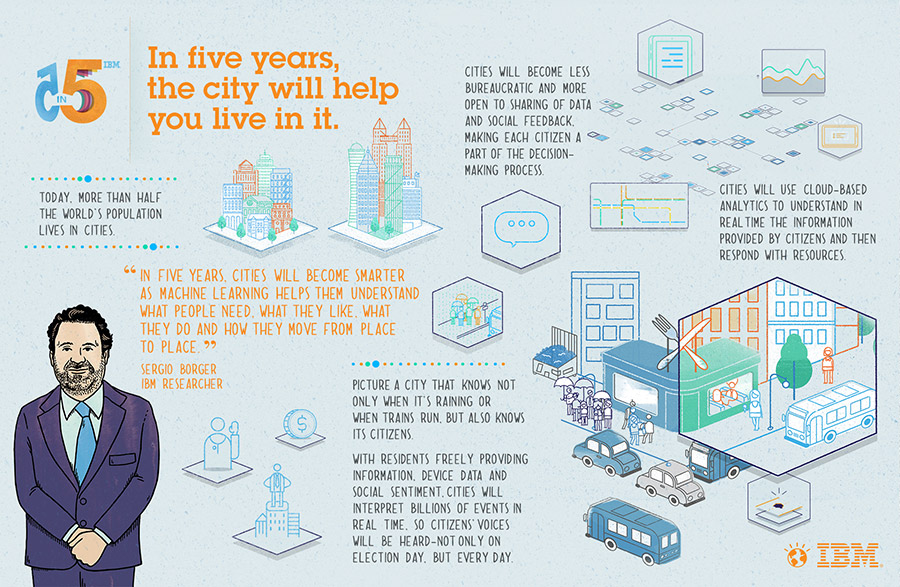
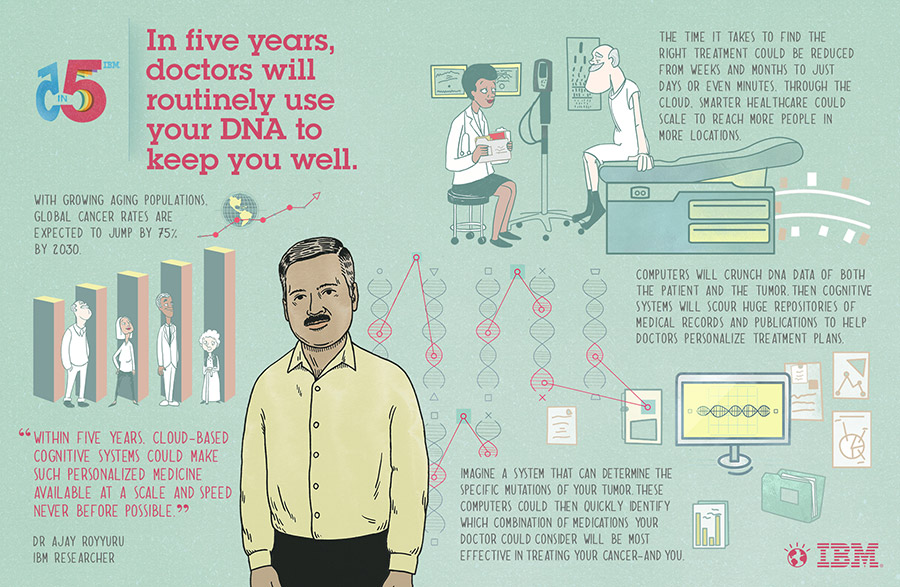
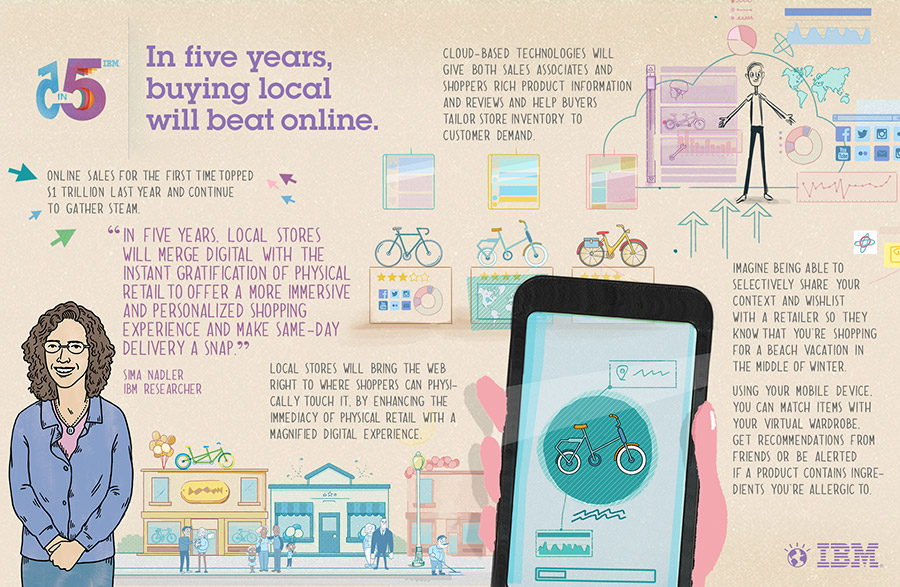
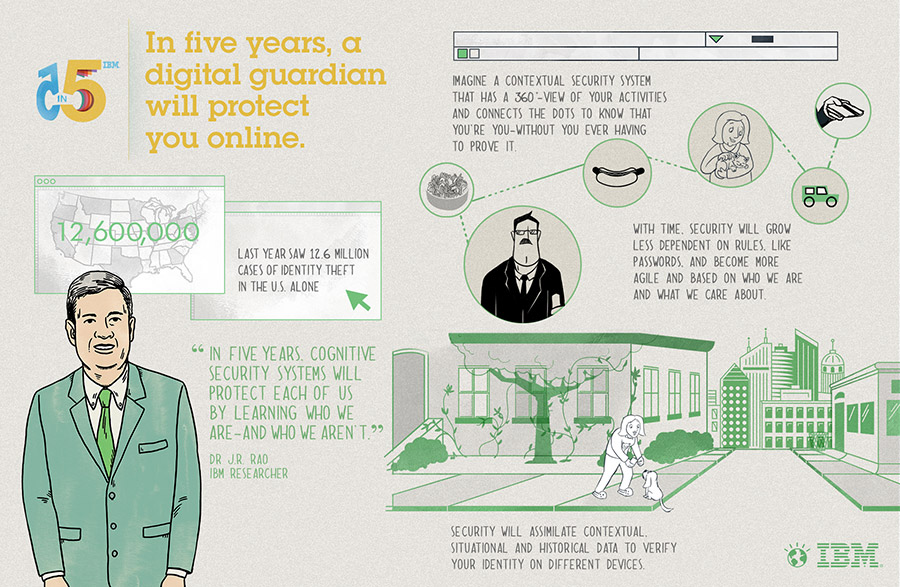
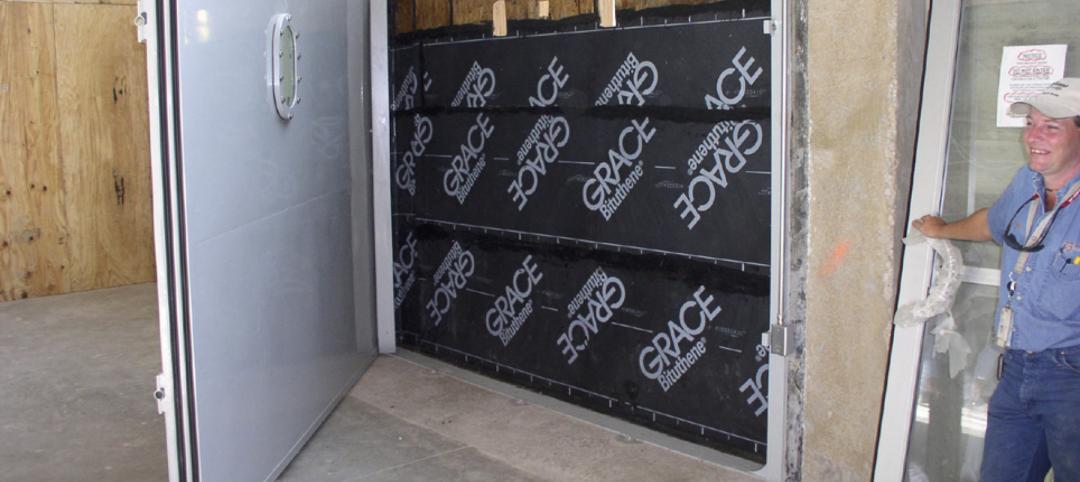


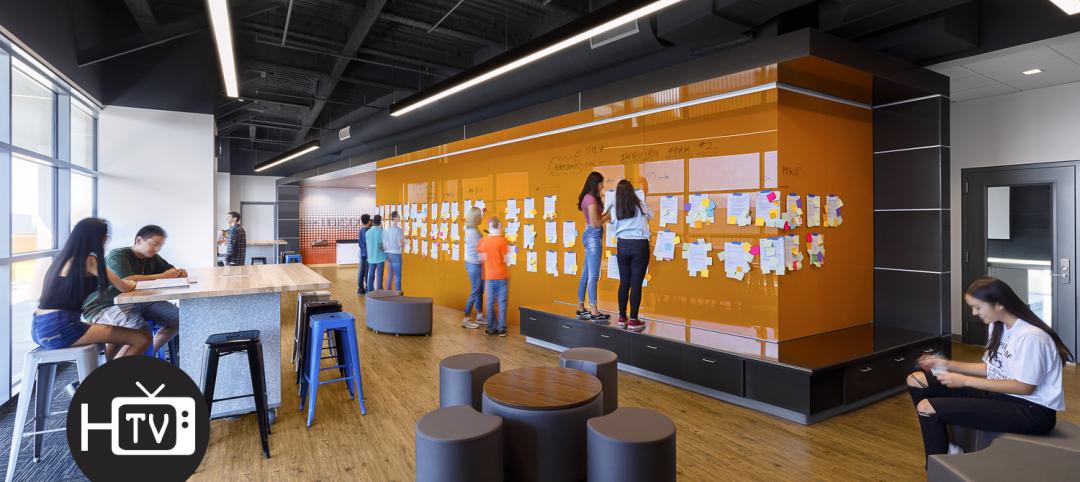
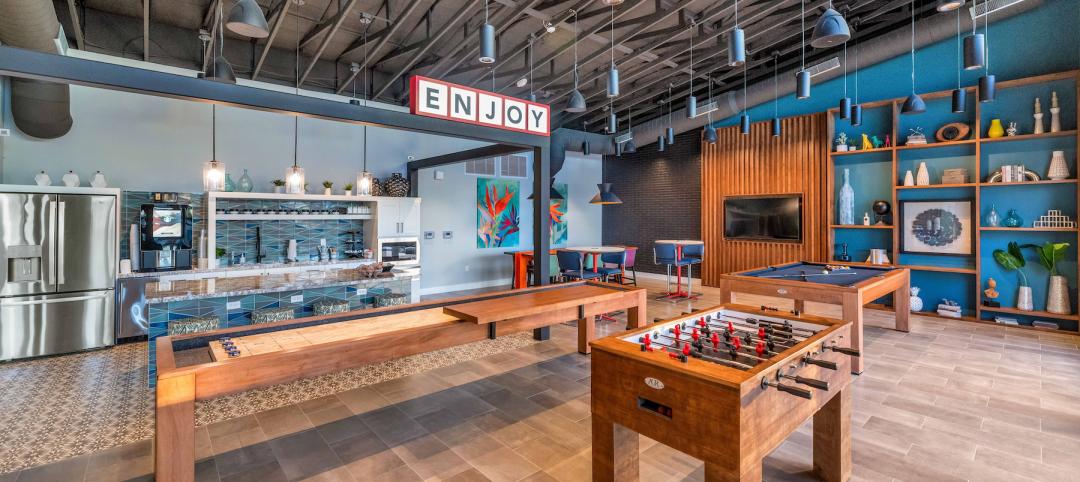


![Oceanographer John Englander talks resiliency and buildings [new on HorizonTV] Oceanographer John Englander talks resiliency and buildings [new on HorizonTV]](/sites/default/files/styles/list_big/public/Oceanographer%20John%20Englander%20Talks%20Resiliency%20and%20Buildings%20YT%20new_0.jpg?itok=enJ1TWJ8)

